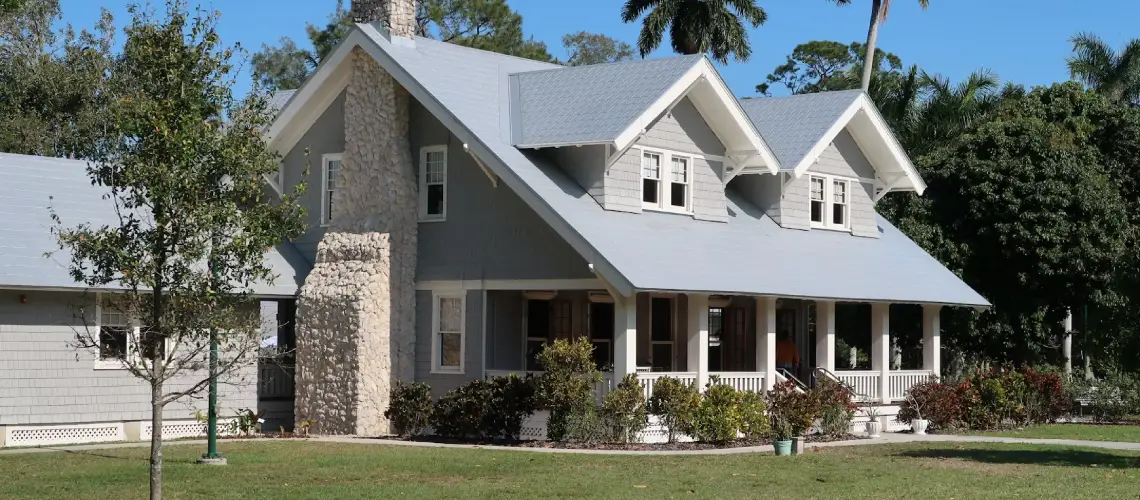Whether you’re buying a home in Nightcliff, refinancing in Palmerston, or managing a deceased estate in Darwin’s rural area, understanding your property’s value is crucial. A property valuation Darwin provides a certified, evidence-based estimate of what your property is worth in today’s market—used by banks, lawyers, and the ATO alike.
In this guide, we’ll cover everything you need to know about property valuations in Darwin: when to get one, how the process works, and what factors influence your final value.
What Is a Property Valuation?
A property valuation is a formal report provided by a certified property valuer, detailing the current market value of a property on a specific date. Unlike a real estate appraisal, which is an estimate for selling purposes, a valuation is legally recognised and required for finance, tax, and legal matters.
Certified valuers in Darwin follow national standards and must be registered with a professional body such as the Australian Property Institute (API).
When Do You Need a Property Valuation in Darwin?
There are many situations where a property valuation is either required or highly beneficial:
Buying or Selling a Property
- Buyers use valuations to avoid overpaying
- Sellers use them to set a realistic asking price
Refinancing or Applying for a Loan
Banks require a valuation to determine how much they can lend against a property (Loan-to-Value Ratio).
Investment Strategy
Investors use valuations to assess equity, capital growth, and rental yield potential.
Tax and Financial Reporting
Needed for Capital Gains Tax (CGT), stamp duty assessments, and SMSF compliance.
Legal and Estate Planning
Required in divorce settlements, probate matters, and estate distribution.
Insurance Purposes
Used to assess the correct replacement value for insurance policies.
How Property Valuation Works in Darwin
A valuation involves a combination of on-site inspection, market analysis, and reporting. Here’s what to expect:
Property Inspection
The valuer visits your property and assesses:
- Land size and topography
- Condition of the home and any outbuildings
- Layout, construction quality, and age
- Renovations, extensions, and fixtures
- Environmental risks (cyclone zones, flooding)
- Local zoning and development potential
Market Research
Valuers use recent sales data of comparable properties in the same area, along with current market trends in Darwin’s property market. They consider:
- Economic conditions and housing demand
- Suburb performance and sales volumes
- Local government development plans
Valuation Report
You’ll receive a formal document outlining:
- Property details and features
- Comparative sales analysis
- Valuation method used
- The final estimated market value
- Any limiting conditions or assumptions
Most reports are delivered within 2–5 business days.
Factors That Influence Property Valuation in Darwin
Darwin’s real estate market is influenced by tropical conditions, defence infrastructure, seasonal demand, and limited housing supply in key suburbs.
Location
- Properties in high-demand suburbs like Fannie Bay, Larrakeyah, and Nightcliff typically fetch higher valuations
- Proximity to schools, transport, and waterfronts adds value
Property Condition
- Renovated or well-maintained homes are valued higher than those in disrepair
- Outdoor areas, energy efficiency upgrades, and cyclone compliance also matter
Land Size and Zoning
- Large blocks with development potential (e.g. subdivision or duplex construction) attract premium value
- Zoning restrictions or heritage overlays may impact marketability
Market Trends
- If the local market is booming or stock is limited, values tend to rise
- External factors such as interest rates or new infrastructure also affect property value
Rental Potential (for Investors)
For investment properties, valuers consider rental income, tenancy stability, and local vacancy rates.
What Does a Property Valuation Cost in Darwin?
The cost of a professional valuation depends on the property type, location, and purpose:
- Standard residential valuation: $350 – $600
- Commercial or complex properties: $1,000+
- Urgent 24–48 hour reports: May attract additional fees
Always ask for a fixed quote and confirm the report meets your lender’s or legal advisor’s requirements.
How to Prepare for a Property Valuation
To help the valuer provide the most accurate result:
- Clean and tidy the property (both inside and out)
- Provide access to all rooms and outbuildings
- Have paperwork ready (e.g. renovation records, site plans, leases)
- Disclose any defects, repairs, or recent improvements
- Highlight any features not immediately visible (solar systems, security upgrades)
Property Valuation vs Appraisal: What’s the Difference?
- Valuation: Conducted by a licensed property valuer, legally recognised, used for finance, legal, and tax purposes
- Appraisal: Provided by a real estate agent, informal estimate for marketing purposes only, not legally valid
If your report is for the bank, court, ATO, or legal purposes, you’ll need a formal property valuation.
Conclusion
In a unique and evolving market like Darwin, a certified property valuation provides clarity and confidence. Whether you’re making a personal or financial decision, a valuation report offers the independent evidence you need to move forward with certainty.
